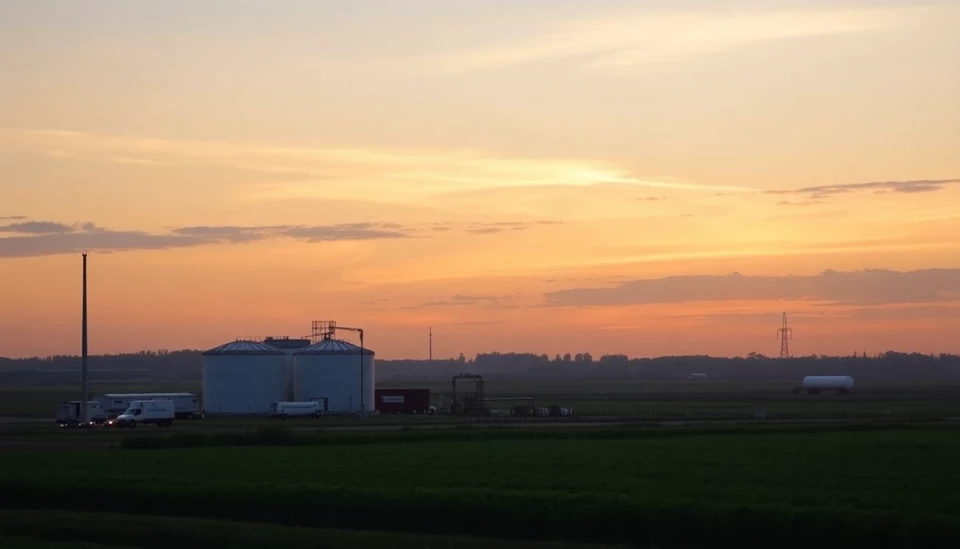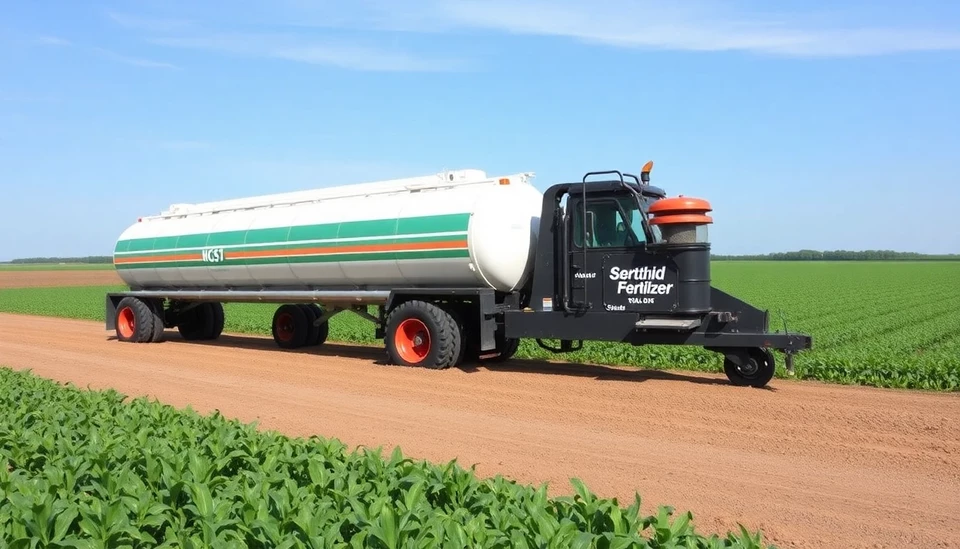
Australia’s ambitious plans to expand its biofuel industry are facing significant setbacks even before they can fully materialize. The country, once viewed as a rising player in the renewable biofuel market, is now grappling with a combination of regulatory hurdles, economic constraints, and competitive pressures that have raised doubts about the viability of its biofuel projects.
As governments around the world shift towards greener energy alternatives, Australia set forth optimistic goals for biofuel production aimed at reducing carbon emissions and ensuring energy security. Yet, despite initial enthusiasm, several key factors are leading to an increasingly burdensome operating environment for biofuel producers.
One of the primary concerns is the lack of sufficient infrastructure to support large-scale biofuel production. While countries like the United States and Brazil have established frameworks that promote biofuels, Australia has struggled to create a comprehensive policy and investment strategy. This has stymied potential investors, casting a shadow over projects intended to uplift the sector.
Additionally, international competition is intensifying. Countries with mature biofuel industries have been able to optimize their production processes and drive down costs, delegating Australia to the sidelines as it aims to enter a market that is increasingly saturated with established players. This sense of urgency has prompted some Australian biofuel entities to downsize or even abandon their projects entirely in search of more favorable business conditions.
Regulatory challenges also play a critical role in the slow progression of biofuel initiatives. The country’s existing regulatory framework is perceived as overly complex and burdensome, which deters investment and the acceleration of biofuel projects. Stakeholders are advocating for streamlined processes that could help to reinvigorate the market. In contrast, governments in countries with successful biofuel sectors have provided robust incentives that stimulate growth and innovate sustainable practices.
Adding to these woes, the current geopolitical landscape, exacerbated by volatile energy prices and fluctuating demand for biofuels, further complicates Australia's pathway to establishing a thriving biofuel industry. The recent spike in global oil prices makes investments in alternative fuels like biofuels more attractive, yet Australia's response has been lukewarm at best, signaling a lack of commitment to fulfilling its environmental promises.
As the world moves forward in its battle against climate change, industry experts stress that Australia must adopt a more aggressive and coherent strategy to not only resurrect its biofuel aspirations but also align them with its environmental goals. The country has a golden opportunity to invest in renewable energy, and it must seize this moment lest it lag behind its international counterparts.
In summary, Australia’s dream of becoming a biofuel powerhouse is in jeopardy as numerous obstacles stand in the way. From regulatory challenges to robust international competition, these issues paint a concerning picture for the sector's future, calling for urgent reform and re-evaluation of strategies to pave the way toward a more sustainable energy landscape.
In light of these developments, stakeholders across the industry are left wondering if Australia can foster an innovative approach to biofuel production before its aspirations completely fade away.
#biofuel #Australia #renewableenergy #sustainability #greenenergy #energysecurity #climatechange
Author: Samuel Brooks




